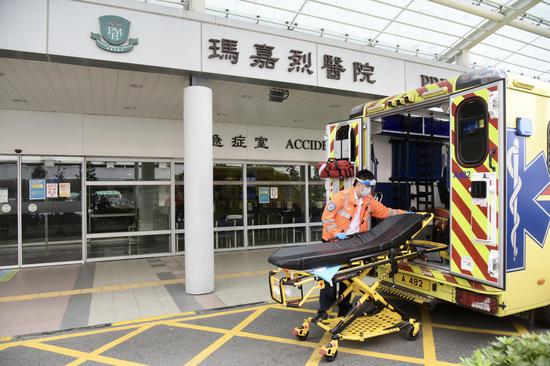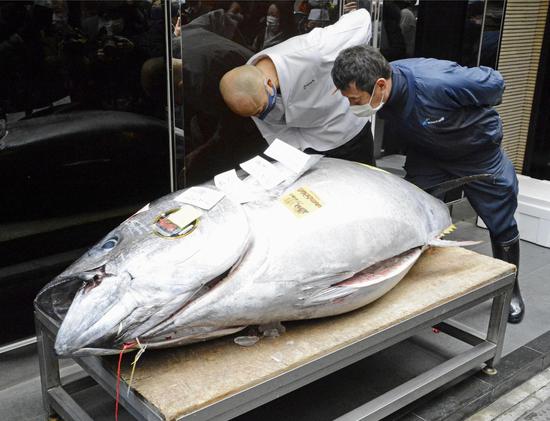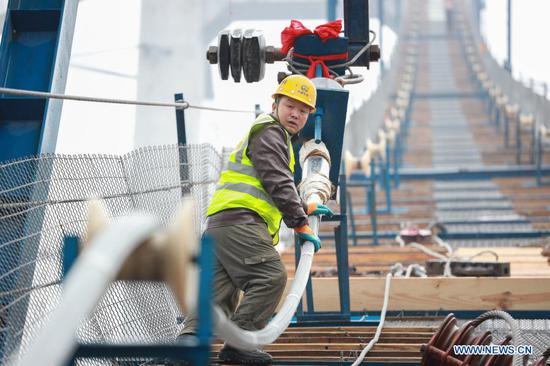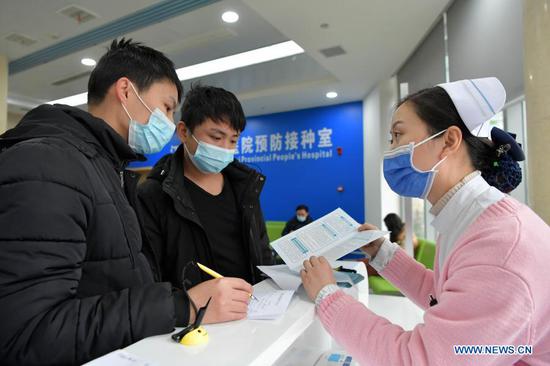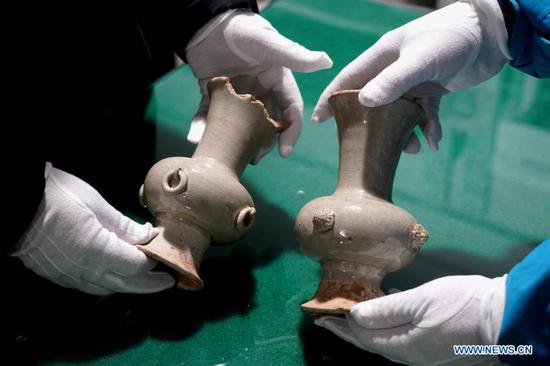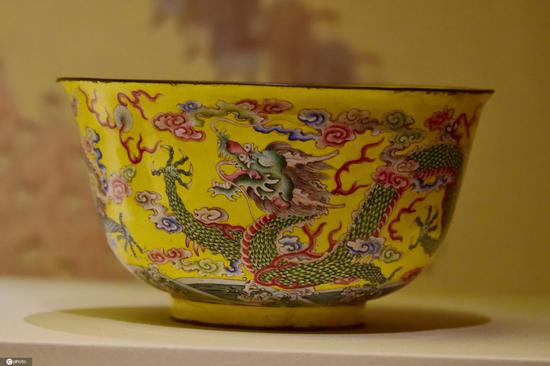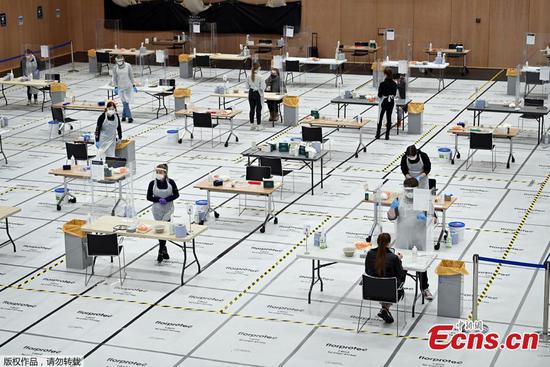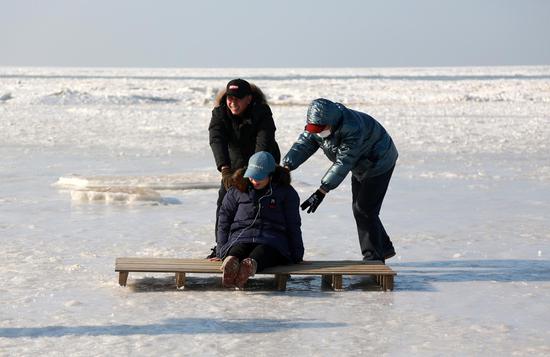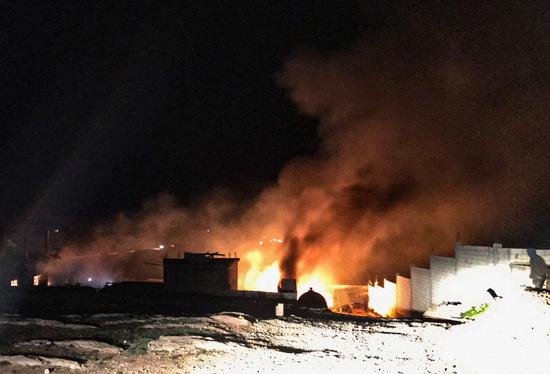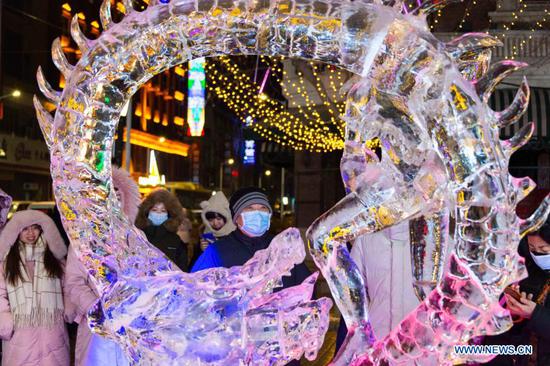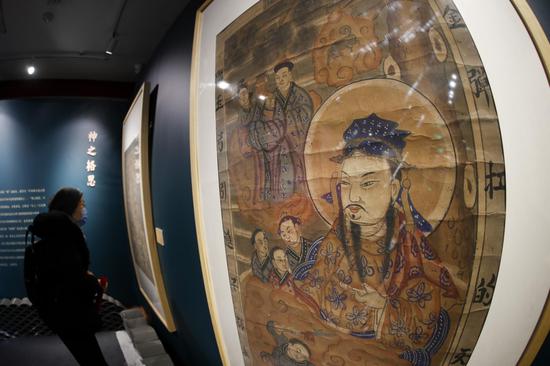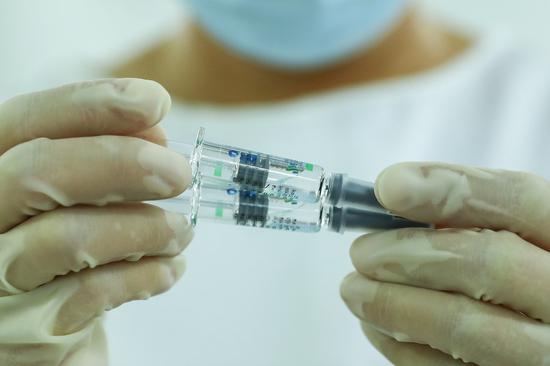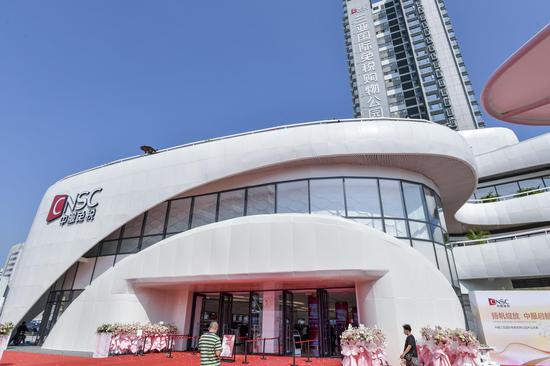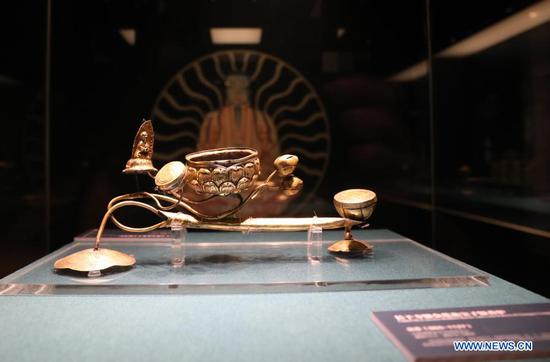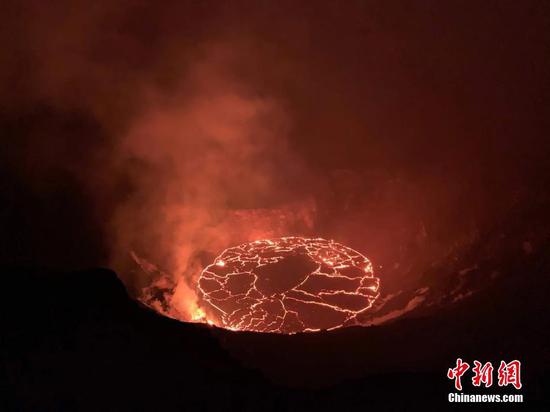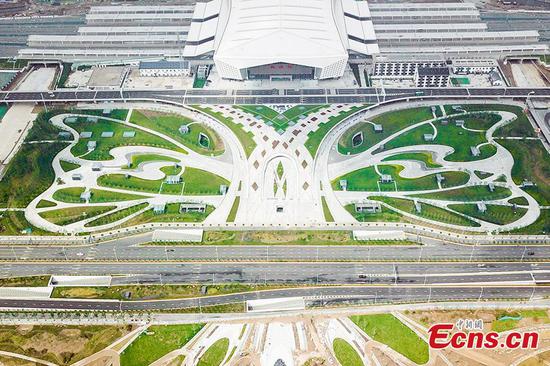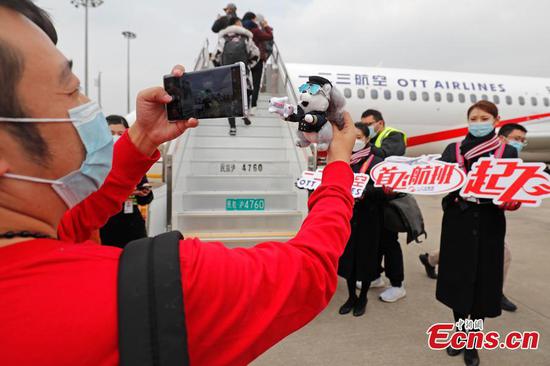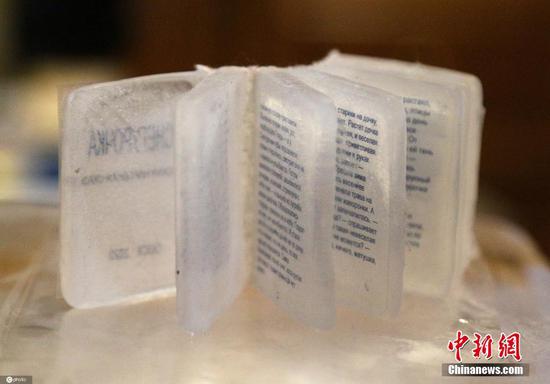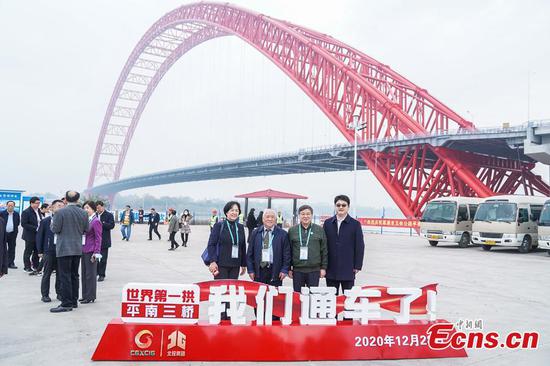(ECNS) -- The Neurosurgery Consciousness Disorder Ward has been officially unveiled at Beijing Tiantan Hospital, Capital Medical University.
This ward is mainly for patients with consciousness disorder, commonly referred to as a "vegetive state."
Technologies like neural regulation and brain-computer interface (BCI) have been employed to maximize consciousness recovery and improve neural function.
The wake-up rate has reached 30 percent.
"Patients in deep coma struggle to recover, but some with high consciousness are capable of waking up by using existing therapies like electric and magnetic stimulation and drugs," said He Jianghong, director of the Neurosurgery Consciousness Disorder Ward of Beijing Tiantan Hospital.
Conservatively estimated, China has 500,000 to 1 million patients suffering from consciousness disorder.
It is urgent to accelerate and improve the functional recovery of these patients amid a shortage of systematic and standardized treatments.
Therapies depend on different situations, with the wake-up rate capable of reaching 30 percent, said He.
Currently, there are six beds in this ward, mainly for consciousness assessment, diagnosis and prognosis of consciousness disorder.
Comprehensive treatments like surgeries, drug administration, neural regulation and BCI help speed up consciousness recovery.
"I hope to share the experience with my colleagues across the country, and eventually spread it to hospitals of every level so more patients could get treated," He said.
RIGHT BG












